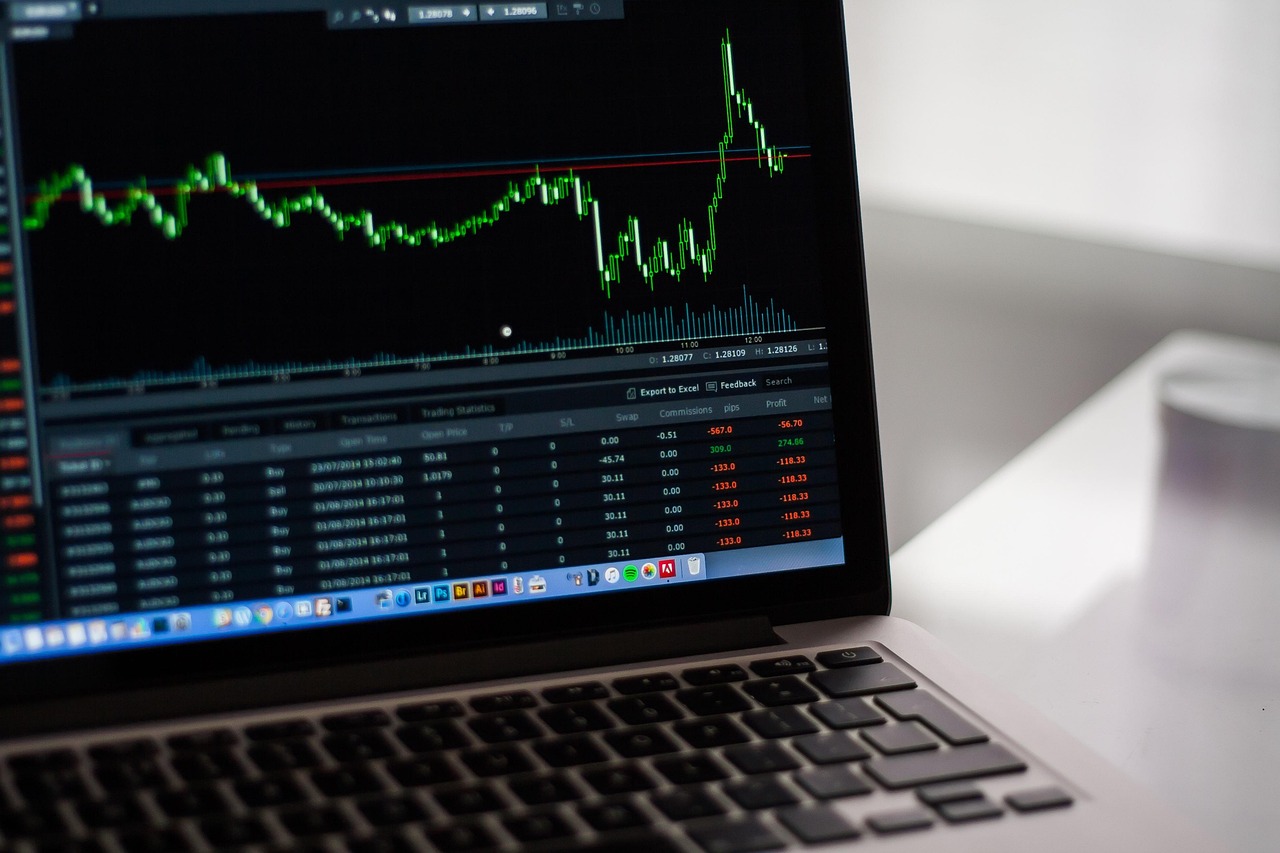SHANGHAI, Dec 24 (SMM) — This is a roundup of global macroeconomic news last night and what is expected today.
The dollar slipped on Wednesday, after gaining for three straight sessions, as risk appetite rose on the expectation of an imminent Brexit trade deal between the UK and the European Union.
Sterling and the euro took off against the greenback after the Brexit headlines, as did currencies tied to higher risk appetite such as the Australian, Canadian, and New Zealand dollars.
Britain and the European Union appeared close to clinching a long-elusive trade agreement on Wednesday. A reporter with Britain’s Daily Mail said a deal had already been done, and speculation flew that British Prime Minister Boris Johnson would make an announcement on Wednesday evening.
The Brexit headlines overshadowed President Donald Trump’s threat to veto the U.S. stimulus bill. Trump said the long-awaited stimulus package should be amended to increase the amount in the stimulus checks -- potentially disrupting the bill.
On Wall Street, the S&P 500 finished Wednesday’s session little changed — rising less than 0.1% — after sliding in the final minutes of trading. Still, the benchmark index did manage to snap a three-day losing streak. The Dow gained 114.32 points, or 0.38%, after rising more than 270 points at one point during the session. The Nasdaq Composite hit a record high, before erasing those gains and closing 0.29% lower.
Oil prices rose more than 2% on Wednesday, boosted by draws in U.S. inventories of crude, gasoline and distillates that lifted investors’ hopes for some return in fuel demand.
U.S. crude inventories fell by 562,000 barrels in the week to Dec. 18 to 499.5 million barrels, the Energy Information Administration said on Wednesday.
Gasoline stocks fell by a surprise 1.1 million barrels in the week to 237.8 million barrels, the EIA said, while distillate stockpiles fell by 2.3 million barrels in the week to 148.9 million barrels, more than expected.
Still, oil markets remain jittery about the future recovery of oil demand as a new, highly infectious variant of the novel coronavirus has hit Britain, prompting a slew of countries to shut their borders to the country.
Gold prices jumped as much as 1% on Wednesday, bolstered by a weaker dollar, while investors kept hopes pinned on a U.S. stimulus package even after President Donald Trump threatened to not sign the relief bill.
On the data front, U.S. jobless claims totaled 803,000 during the week ending Dec. 19, better than an estimate of 888,000 according to economists polled by Dow Jones. However, core durable goods and personal income both fell short of expectations in November.
US New home sales fell a steeper-than-expected 11% in November from October, according to the U.S. Census. October’s reading was also revised lower. Sales hit an annualized rate of 841,000, down from the 979,000 peak in July. These numbers are based on contracts signed, not closings. Sales were up 20.8% year over year.
France reopened its border to England on Wednesday, requiring passengers arriving at the border to have a negative coronavirus test result. It comes after France imposed a ban on people and freight coming from the U.K. amid concerns over the apparently fast-spreading Covid strain first identified in southeast England.
![Platinum Prices Plunge Intraday Spot Market Transactions Recover [SMM Daily Review]](https://imgqn.smm.cn/usercenter/VphiQ20251217171736.jpg)

